Wole Soyinka’s encounter with EFCC Boss, Ibrahim Magu
By OakTV
18 May 2018 |
12:43 pm
Nobel Laureate Prof. Wole Soyinka urged the Economic and Financial Crimes Commission (EFCC) and other anti-corruption agencies not to spare corrupt leaders.
Related
Related
30 Mar
A new UN report detailed different types of gang violence which have intensified this year. Gangs have taken over much of the capital, and staged an insurrection to overthrow Prime Minister Ariel Henry.
30 Mar
French Prime Minister Gabriel Attal signals a further tightening of unemployment benefits as France seeks to reduce an unexpectedly large budget deficit. Meanwhile, the government rules out new taxes, despite calls from French lawmakers to tax corporate windfalls and share buybacks. We take a closer look in this edition.
30 Mar
Members of St. Francis Catholic Church reenact the Stations of the Cross, suffering and death of Jesus during Holy Friday in Ikeja, Lagos, Nigeria.
10 Apr
Nigeria has begun the rollout of the MenFive vaccine in high-risk areas, securing millions of doses to protect children from all five strains of meningitis. The potentially fatal disease poses a grave threat to young children globally, with sub-Saharan Africa being particularly vulnerable to it.
13 Apr
Nigeria's government says the rise will only affect 1.5 million consumers, mostly manufacturers. But analysts believe the hike will lead to higher inflation and result in job losses and closures of businesses.
12 Apr
A decade on, the world has largely forgotten about the Chibok girls, who were kidnapped by Nigeria's Boko Haram Islamist militants. But for victims and their families, like Solomon Maina, who is still waiting for news about his daughter, the tragedy is ongoing.
Latest
1 hour ago
The heat of the Premier League title race is on and big games are coming this midweek. Arsenal at the Emirates will take on Chelsea, Everton will entertain Liverpool, and Manchester City will be up against Brighton. Ayomide Sotunbo and Hogan Niyi preview the games in this week's edition of The Nutmeg.
2 hours ago
Turkey's president Recep Tayyp Erdogan was in Iraq this Monday - his first official visit in years, where he signed a raft of deals to try and reset rocky relations. High on the agenda was the water issue, stemming from Turkey's construction of dams on the Tigris and Euphrates rivers that reduced the supply downstream to Iraq.
2 hours ago
A book by Frank-Walter Steinmeier titled 'We' searches for diversity in the face of division, though it's a difficult balancing act for the head of state.
3 hours ago
North Korean state media has claimed Pyongyang tested a "nuclear trigger" simulation drill as a "warning signal" to the US and South Korea.
3 hours ago
A review of the UN agency's neutrality was prompted by Israeli accusations that aid workers in Gaza were "terrorists." An independent panel says Israel provided no evidence to back the claim.
4 hours ago
Unrelated images are going viral on social media, claiming to show last Friday's retaliatory strike by Israel on Iran. In this edition of Truth or Fake, we tell you what we know about this footage, based on verified images.
×

Get the latest news delivered straight to your inbox every day of the week. Stay informed with the Guardian’s leading coverage of Nigerian and world news, business, technology and sports.


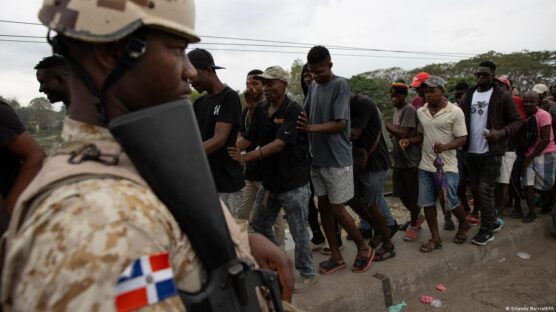
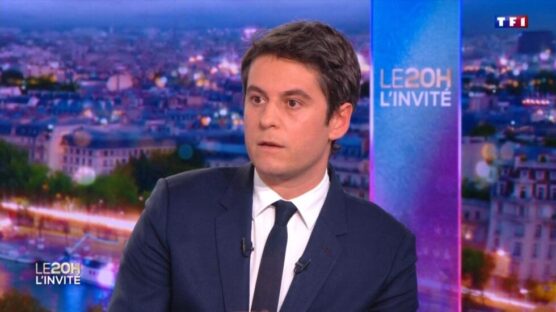
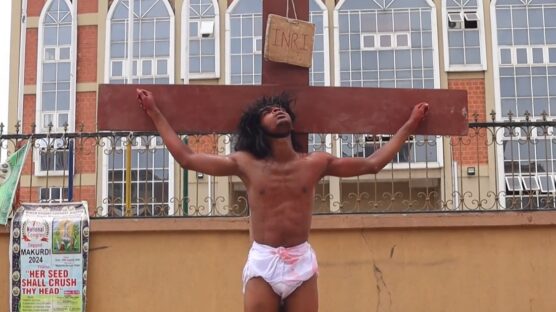
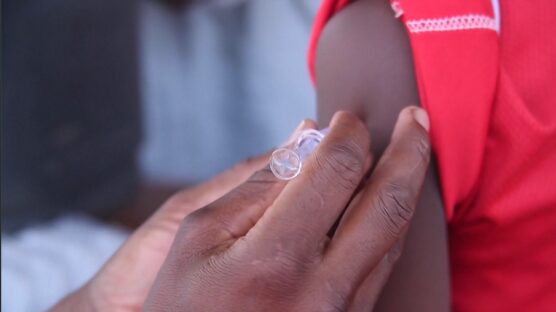
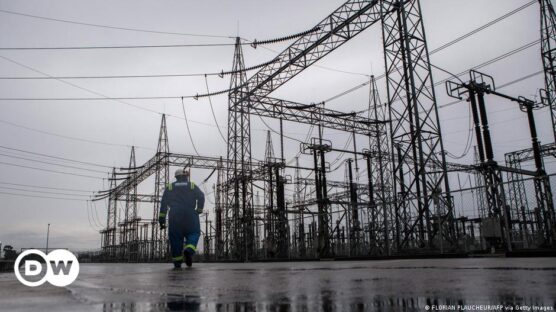
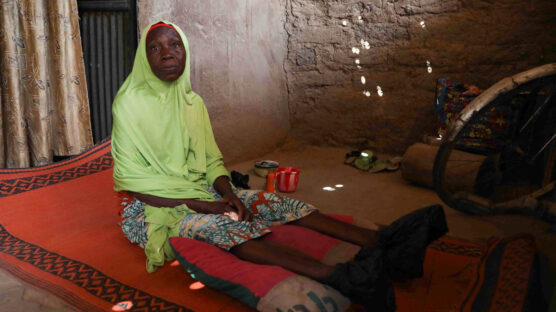





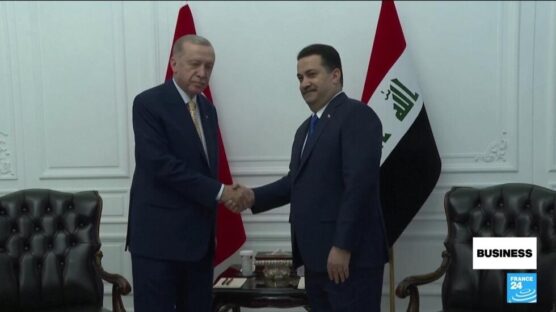
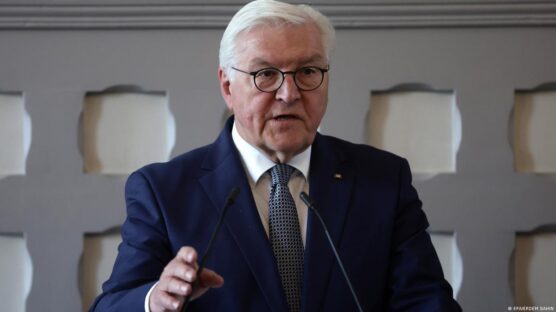
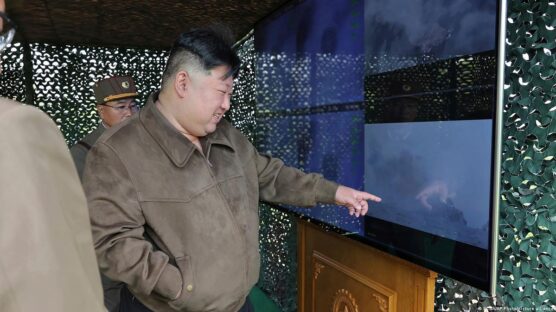
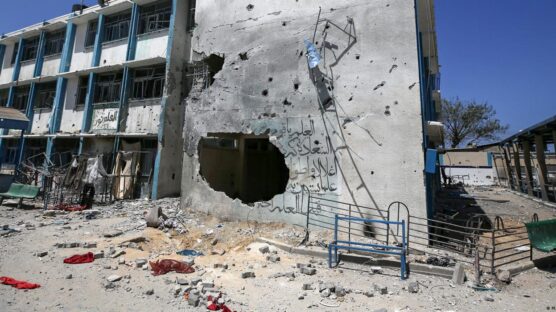
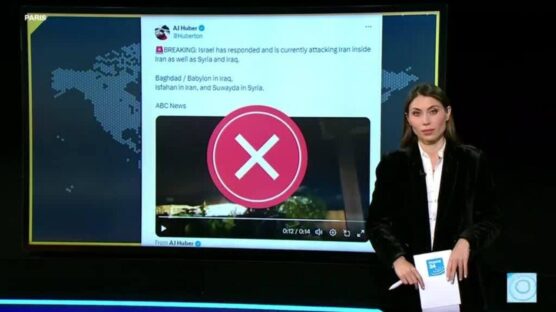
0 Comments
We will review and take appropriate action.